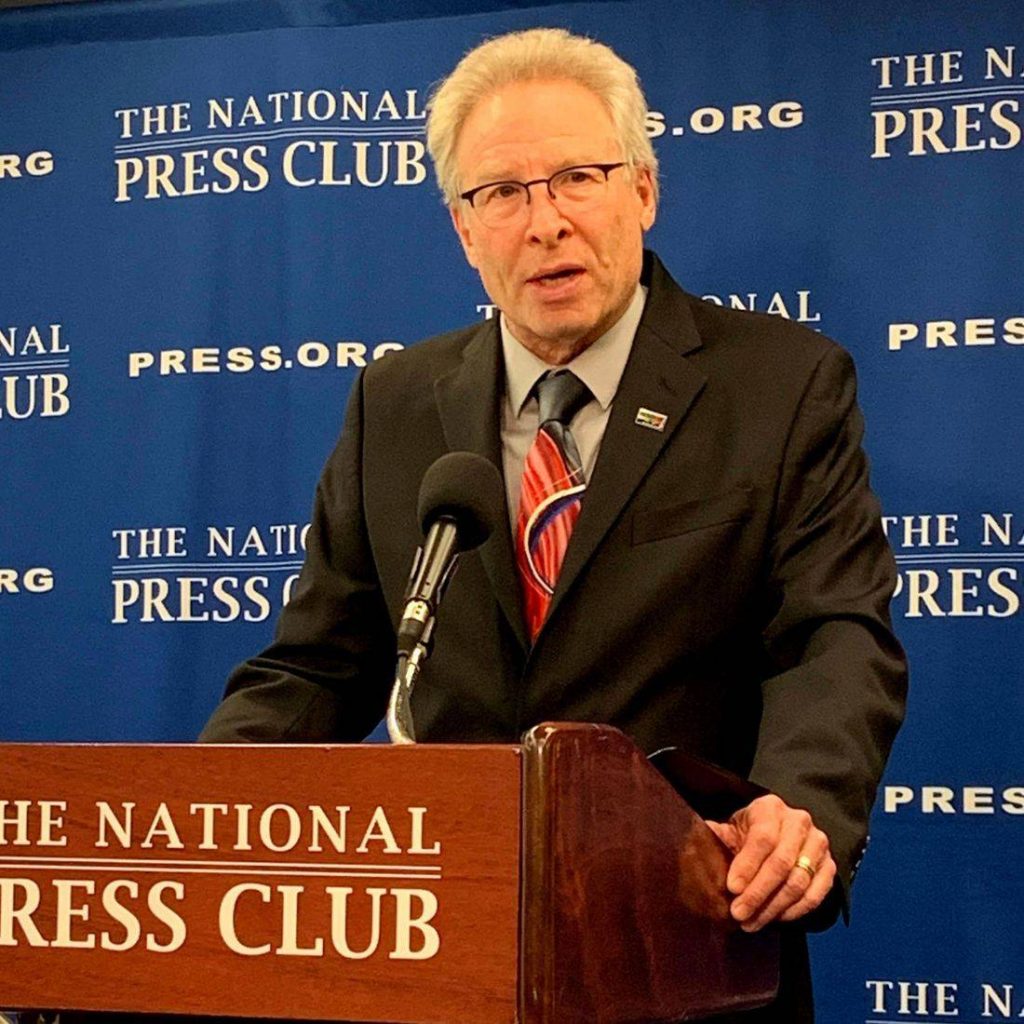School (funding’s) out
A Virginia House of Delegates subcommittee killed school funding bills Friday that would’ve allowed localities to raise money for school construction, voting 5-3 on all three bills. Similar legislation was passed by the state Senate.
The Republican-controlled House’s action looms large in Charlottesville: City Council has expressed that finding new revenue streams is a key step in a long-awaited school reconfiguration process. The bills would’ve given Charlottesville the ability to increase sales taxes by up to 1 percent if approved by voters. According to city officials, that increase would bring in an additional $12 million annually toward the reconfiguration of Walker Upper Elementary and Buford Middle schools, a project that has been debated for over a decade and is expected to cost $75 million in its first phase, reports The Daily Progress.
Buford Middle School currently houses students in seventh and eighth grades, but the new plan would move sixth graders from Walker Upper Elementary, which currently serves students in fifth and sixth grades, into Buford. Fifth graders would return to elementary schools, and Walker would be transformed into an early education center. The reason for the renovation and expansion of Buford is to decrease difficulties associated with transitioning into middle school, and modernize the over 50-year-old building.
Delegate Sally Hudson, who sponsored some of the bills that were rejected by the subcommittee, tweeted after the meeting that the bills wouldn’t have affected localities that didn’t want an increase in sales taxes.
“The bills simply gave local govts the right to ask their voters for a referendum to fund school construction,” Hudson wrote. “Virginia’s Dillon Rule handcuffs us again, and kids pay the price.”
Gun-rights activist will challenge Bob Good
The father of a journalist who was killed on live TV is seeking the Democratic nomination in Virginia’s 5th Congressional District.

Andy Parker’s 24-year-old daughter Alison was shot to death by a former employee at her news station, Roanoke’s WDBJ, while doing a live report in Moneta, Virginia, in August 2015. Following the tragedy, Parker embarked on a journey to “do whatever it takes to end gun violence,” becoming an activist for the enactment of tighter gun safety laws.
The focus of his current campaign, however, is regulation of the tech industry, specifically preventing the abuse of social media platforms, which had failed to remove content depicting his daughter’s murder. Parker hopes to amend Section 230 of the Communications Decency Act, something that protects tech companies from being liable for what their users post.
“I had a choice to retreat into my grief or honor Alison’s life through action. I chose the latter,” Parker tweeted in an announcement of his run for Congress.
The seat is currently occupied by Republican Bob Good, a strong supporter of gun rights.
Hudson and Freitas spar in the House
While in power over the last two years, Virginia Democrats passed legislation that would incrementally increase the state’s minimum wage, from its 2020 rate of $7.25 an hour up to $12 an hour in 2023. Republicans, now in control of the House of Delegates, are trying to repeal some of that legislation. In a hearing on Monday, area delegates Sally Hudson and Nick Freitas clashed over the effects of the proposed minimum wage increase.
“I think it’s somewhat arrogant for us to assume that we should negotiate on [the workers’] behalf,” said Freitas, an Army veteran and Republican who represents Culpeper. ”Especially to the point where we’re essentially engaging in price fixing within the labor market, telling someone that wants a job, that may need a job, that may have found a job, they’re not allowed to have it unless we’ve approved of what their wage is going to be.”
Hudson, who teaches economics at UVA, saw fit to respond.
“In the face of a noncompetitive market, there is scope for government to intervene and level the playing field and generate gains for the greater good of all,” she said. “That simple belief that raising the minimum wage hurts workers is an article of faith, not an economic fact.”
“You need a little bit more than Economics 101 to understand the consequences of a policy like this for the people we serve,” Hudson continued. “You see, Bio 101 isn’t enough to make a doctor, and you can’t build a bridge with Physics 101 alone. So too with economics.”—C-VILLE Staff
IX is up for grabs—or not
Eighty-four million dollars will buy you a 230-foot superyacht. Or four years of professional basketball from UVA and Indiana Pacers star Malcolm Brogdon. Or…IX Art Park?
Last week, the property, which is owned by local real estate mogul Ludwig Kuttner and Allan Cadgene, was listed for sale in two separate parcels. The two plots total 17-and-a-half acres, and cost more than $4,800,000 per acre.

“City Center” lot 
“Ix Project” lot
That price far outstrips the city’s recent assessment of the property. One of the two parcels, called IX Project in the listing, is a six-acre space that contains the Three Notch’d and Looking Glass exhibit building. In 2022 the city assessed the IX Project property at $5.6 million. The listing has that same chunk of land priced at more than $19 million.
“Great opportunity for primary economic development, Tech Campus, superior mixed-use,” reads the listing for the larger of the two plots. “Various opportunities for land development/redevelopment. Infill development opportunities desired!”
The IX owners released a statement on Friday afternoon, clarifying their short-term plans for the space.
“Ix Art Park Foundation continues business as usual despite property listing misinformation,” they wrote. “Recently, [the property owners] have received a significant amount of unsolicited interest in the future of undeveloped portions of the IX property…The owners are hopeful that their decision to formally list the IX property with a broker will help generate new ideas that will positively impact Charlottesville.”
“There is no plan to demolish existing buildings or displace current tenants,” the statement concludes.—C-VILLE Staff
In brief
Rezoning begins
In November, City Council approved the new Comprehensive Plan, a broad set of goals for development in the coming years. Now, the same consultants who steered the Comprehensive Plan process must conduct a parcel-by-parcel review of the city’s zoning, to ensure the zoning matches the goals laid out in the larger plan. That rezoning began last week, and will take more than a year. The Comprehensive Plan adoption process wasn’t always pretty—many residents opposed some of the more permissive building rules the plan proposed. The zoning rewrite will surely be met with similar opposition, so watch this space for all the drama in the coming months.
Colleges can’t mandate vax, says AG
State colleges and universities can’t require coronavirus vaccines for students, says a legal opinion from new Virginia Attorney General Jason Miyares. According to Miyares, the law does not say public institutions can mandate vaccinations “as a condition of enrollment or in-person attendance.” While the General Assembly authorized institutions to help administer the vaccines, institutions were not given the power to impose mandates, he said. UVA, which has already mandated vaccinations and boosters for its students, has said that it will continue to encourage students to get boosters but will not disenroll any students who haven’t yet done so.
Retreat yourself
Charlottesville’s new City Council got to know each other at a full-day retreat last Wednesday. From 9am to 4pm, the councilors discussed the annual budget process, how to work with the city staff, and proper procedures for running a City Council marathon session. Oh, the joys of local bureaucracy!
